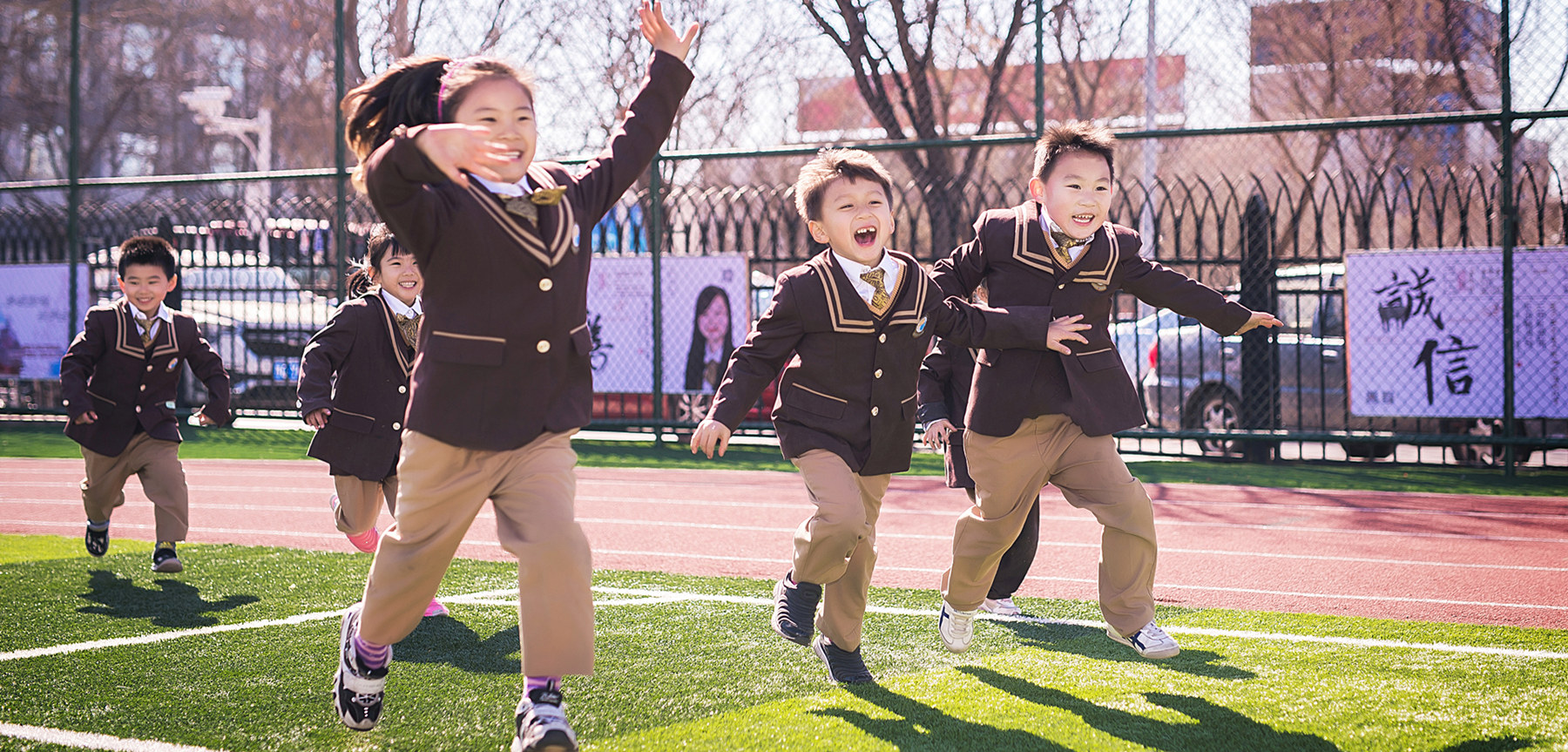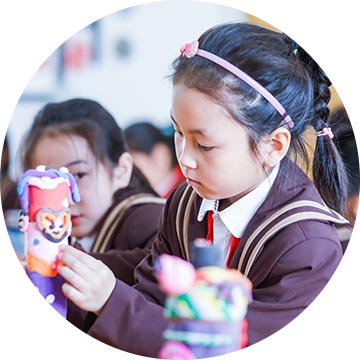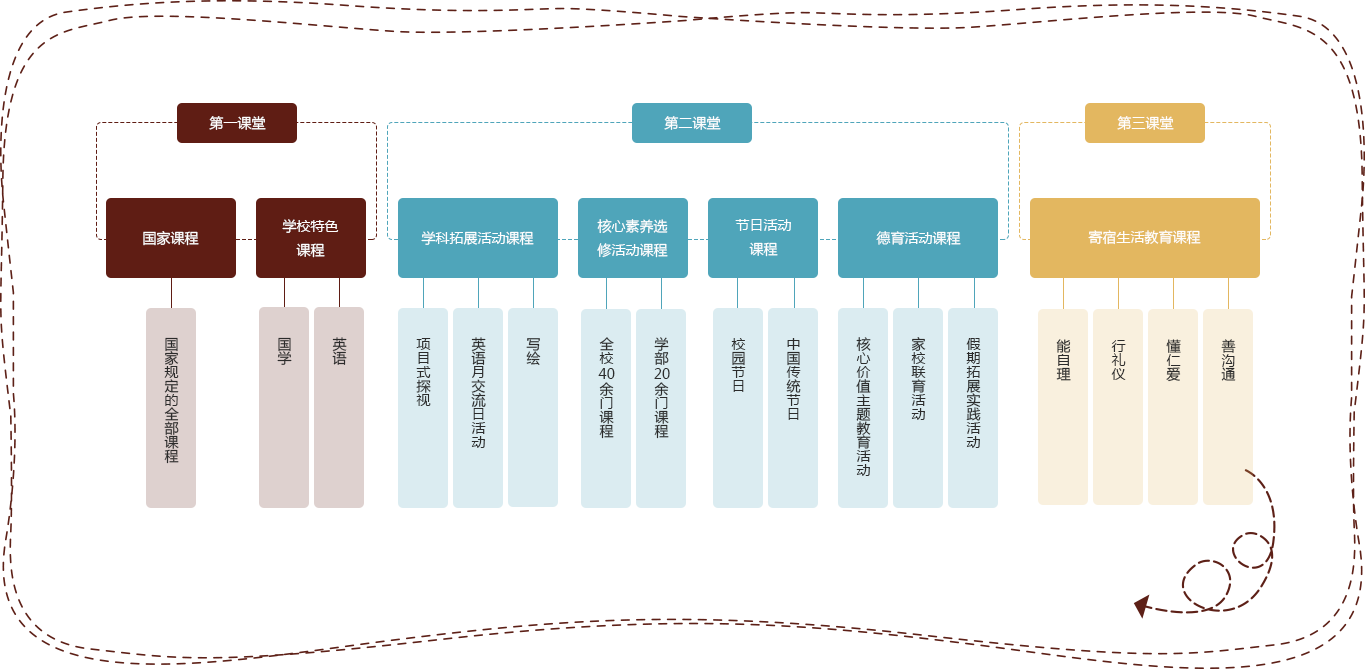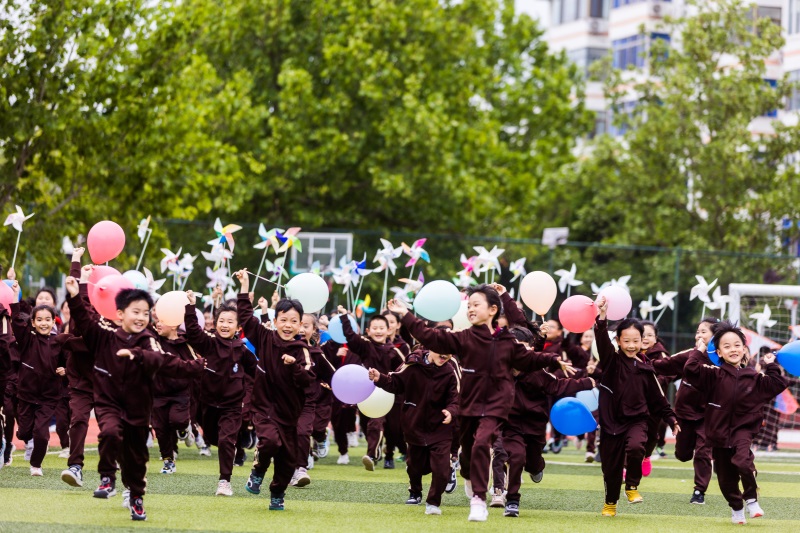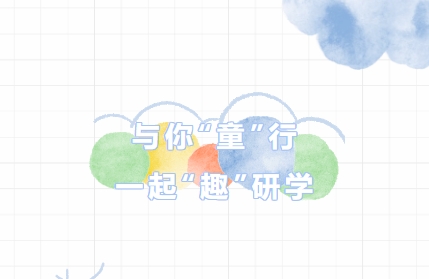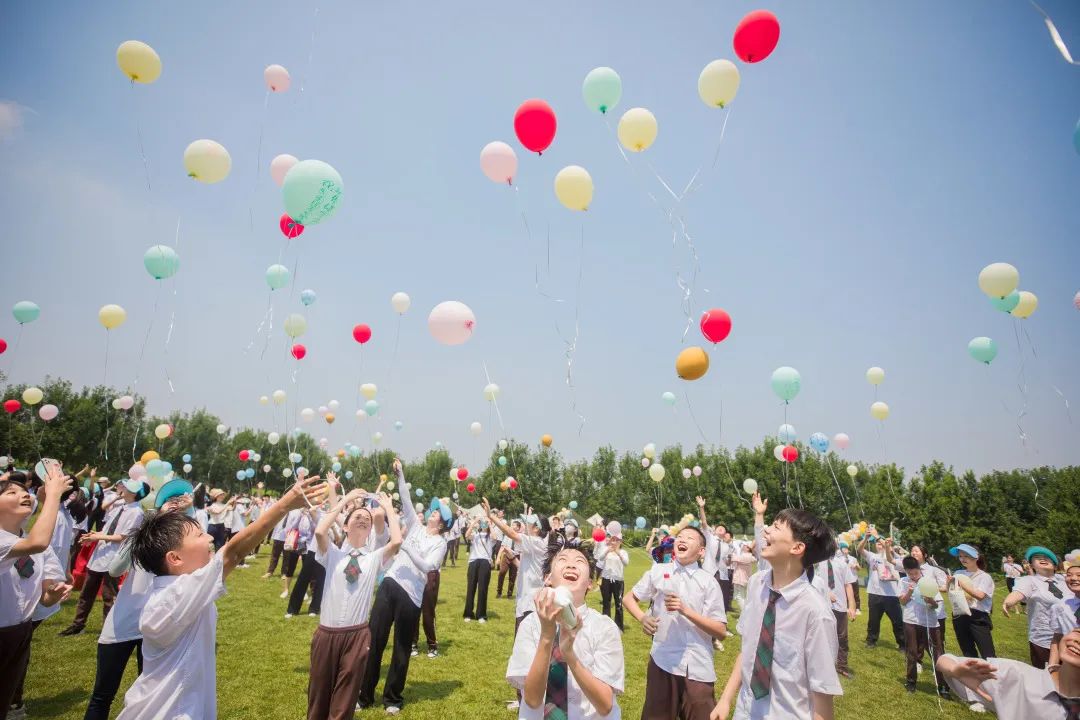Characteristic Advantages
-
Multiple curriculum systems Multiple learning methods Multiple learning paths
Motivating Interest and Inspiring Intelligence Exploring Talents and Wisdom of Minds
Nourishing the Heart and Cultivating Moral Excellence
With textbooks for stage of the national compulsory education approved by the government, and through the self-developed “Three Classroom” education structure as the core of the “Discovery · Growth” curriculum system, the primary school department links school education with society, families, and children’s lives, extending learning in class to outside class and from books to daily life, helping children explore diverse learning methods and paths in a diverse curriculum system.
-
The independently developed “Discovery Growth” curriculum system with the “Three Classroom Education Structure” as its core
Classroom 1: Disciplinary Core Literacy Interdisciplinary Core Literacy
Fundamental courses for disciplinaries, thematic inquiry learning courses, cross-cultural communication courses, seasonal thematic inquiry courses, STEAM courses
Classroom 2: Enrichment & Enjoyment
Core literacy elective courses, core values-themed courses, campus festivals, research and practice courses
Classroom 3: Psycho education·Self-Love Behavioral education·Self-Reliance
Life education curriculum (self-care, etiquette, understanding of kindness, and good communication)
The curriculum not only retains China’s educational tradition of emphasizing foundation and training, but also absorbs the educational advantages of Western with emphasis on individuality, autonomy, and innovation. The optimal path for formal curriculum reform is to integrate the advantages of both Eastern and Western education.
▶Standardized and structured subject based courses ensure that students have a deep understanding and learning of the subject knowledge system.
▶Integrated and innovative interdisciplinary thematic exploration courses, STEAM courses, etc. provide strong support for cultivating students’ innovative abilities, critical thinking, and the ability to think and solve problems from a multidisciplinary perspective.
1
-
3I Classroom Teaching Paradigm
The 3I teaching paradigm is the three stages of primary school classroom teaching, as well as the path for students’ learning through three links. The three stages and three links are scientific applications of cognitive development theories both domestically and internationally, fully embodying the ideas of “student-centered approach” and “learning is the foundation of teaching”. 3I stands for Instruction, Independent, and Involve, reflecting the three stages of the 3I classroom: Instruction (Guidance), Independent (Self-study), Involve (Co-learning).
Instruction: Reading & Reflecting·Listening·Discovering → Independent: Exploring·Understanding·Transferring → Involve: Participating· Examining· Constructing
The Instruction stage is when teachers provide Scaffolding Instruction for students in the zone of proximal development. The Independent stage is to allow students time for independent thinking and to complete learning tasks in their own way, with a focus on autonomy and exploration. The Independent stage is the process in which students effectively internalize and absorb knowledge. In the Involve stage, group discussions and class sharing can better promote students in their cognitive development.
1
